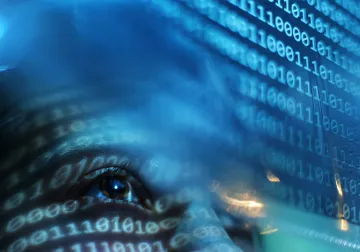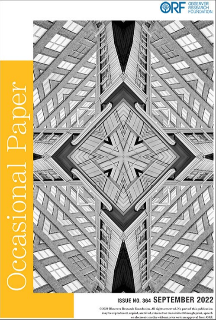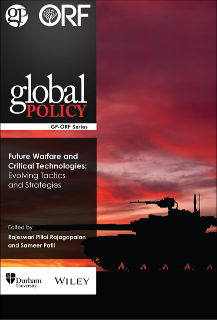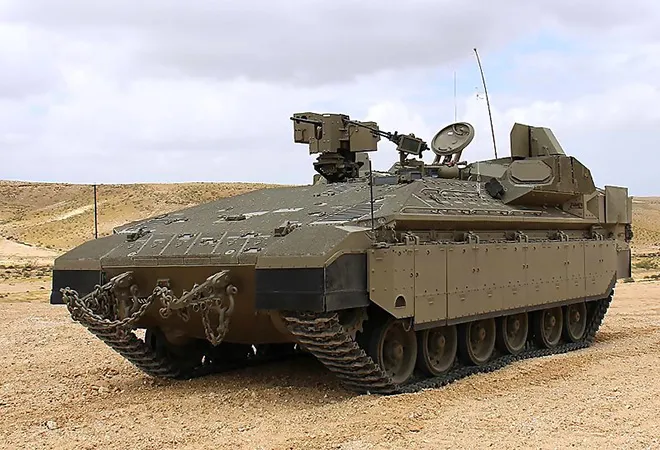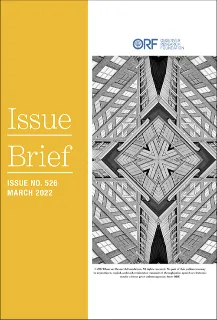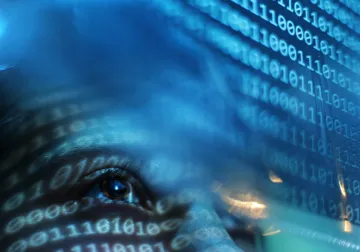Assessing the Efficacy of the West’s Autonomous Cyber-Sanctions Regime and its Relevance for India
Cyber-sanctions have emerged as a preferred tool for Western governments to deter cyberattacks emanating from their adversaries’ territories. As they implement such sanctions, however, these states face various challenges one of which is the difficulty in attribution. Moreover, the sanctions have only partially curbed the malicious cyber activities. Yet, the regime continues to expand, and many allies of the United States are emulating its prac



